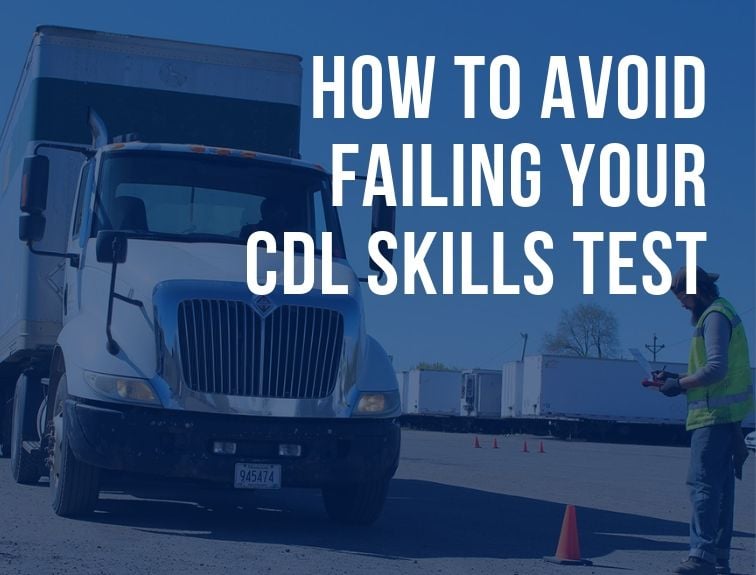Tips for Night Driving - United States Truck Driving School

When it comes to long-haul driving, knowing what will work best for you as a driver is essential. Both night-time and day-time driving can have pros and cons, but night driving can come with some extra challenges. Here are some tips to make driving at night a little bit easier.
Be aware of rest times
The Federal Motor Carrier Safety Administration (FMCSA) dictates how long you’re allowed to be on the road without stopping. These daily limits can help break up your drive time into smaller, more manageable sections. The daily driving limit is set to 14 hours on duty after 10 hours off duty and a required 30-minute break after 8 hours of driving.
Make extra stops
Though the FMCSA has its requirements, don’t be afraid to make extra stops if needed. Take this time to stretch, walk around, and move your body. If you need to, take a nap. Research shows that being awake 24 hours has the same effect as a BAC of 0.1, which is double the legal limit. These things can help you feel more refreshed and contribute to your overall health.
Create good eating habits
While on the road, it’s easy to make a fast-food stop, but this isn’t always the best option. These fast, fried foods are often heavy, weighing you down and causing you to get drowsy more quickly. Alternatively, you can cook meals in your truck’s cabin and eat smaller portions more often. This will keep your blood sugar level and allow you to keep going through the next hours of drive time.
Don’t get too comfortable
When on a long drive, it’s tempting to make yourself as comfortable as possible for the journey ahead, but this can cause you to become drowsy. To keep yourself awake at night, lower the temperature in the cabin so you’re not too warm, and maybe even roll the window down a bit to get some fresh air. If you’re planning on listening to music, pick something upbeat rather than melodic so you’re not lulled to sleep.
Defensive driving
At any time of the day, defensive driving can be helpful. When driving at night, keeping your defenses up is essential, as this can help reduce accidents. When other cars pass, dim your headlights to increase visibility for them and always use your blinkers to show where you’re moving next. You may be a safe driver, but not everyone around you will be, so it’s important to pay attention to what is happening around you.
Whether driving during the day or at night, safety is one of the most important things to consider before stepping into your truck. These tips are just some of the ways to make night-time driving easier. Each driver is different, so if these tips don’t work for you, try to find something that does.


